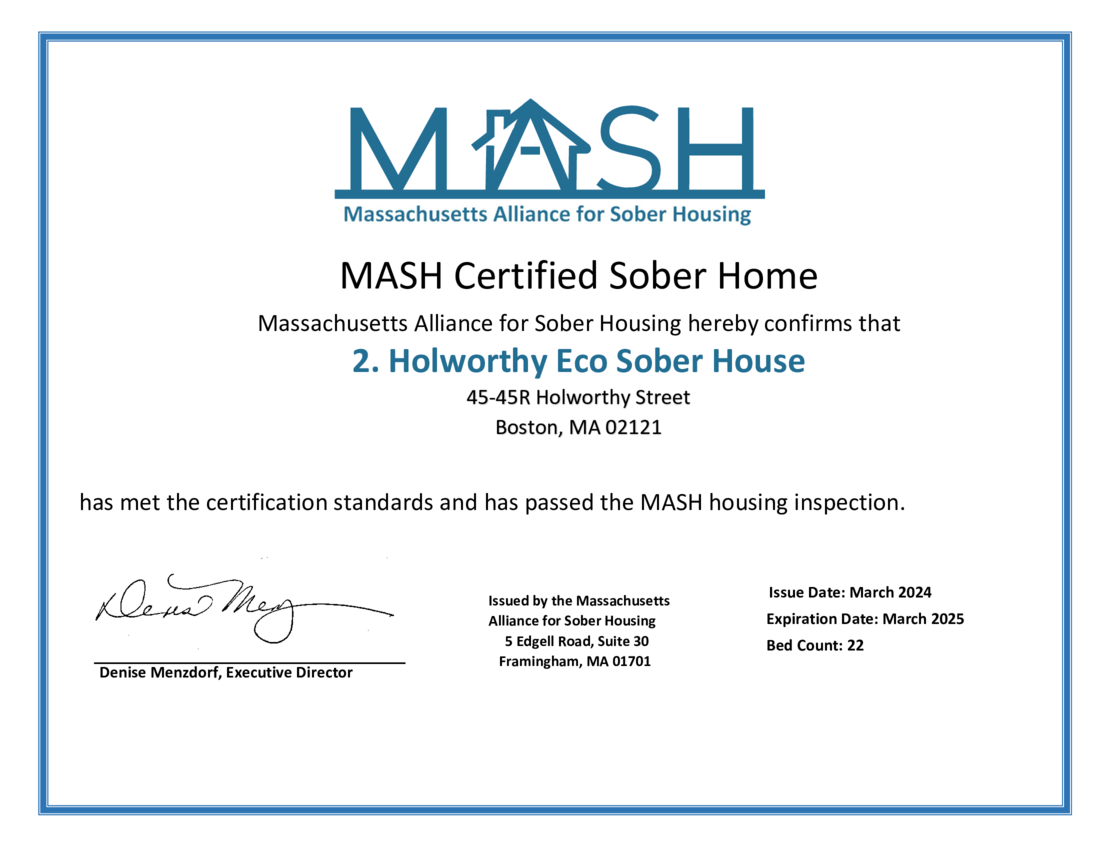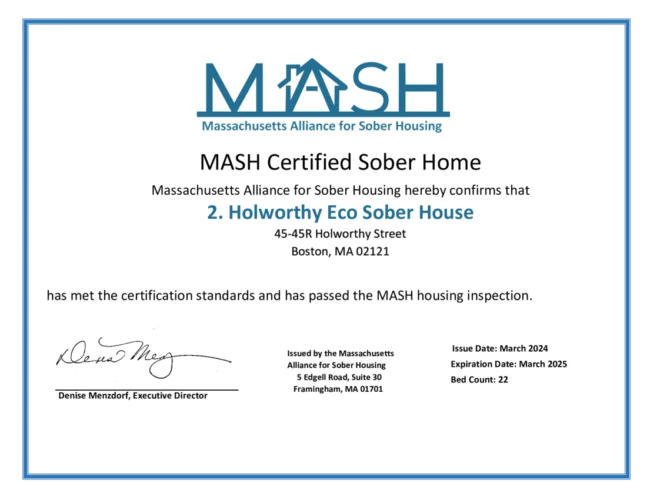
When you drink too much beer, the antidiuretic why does beer dehydrate you hormones “vasopressin” are inhibited. As a result, you find yourself extremely dehydrated after a full night of hangover. A spiked cider for the holidays probably won’t do too much to dehydrate you — but it could be a completely different story with hard liquor like whiskey, brandy, and vodka. Make sure you’re aware of the alcohol content in your drinks. Some can be tricky — like high-quality wines with a higher alcohol by volume than low-quality wines.
Check the Alcohol Content
- Continue reading the article to learn some interesting facts about why you should not rely on beer as a hydrating drink and how you can consume beer yet keep yourself hydrated.
- When the body is dehydrated, it tries to conserve water by producing less urine.
- There is no „safe” level of alcohol in your bloodstream, but there is evidence that side effects increase alongside BAC.
- And if you need help with that, I’ve included some resources at the end of this article, including a quiz to help you assess your current drinking habits.
Drinking more than that—especially with an already damaged liver—can cause alcohol levels to build. Remember, alcohol dehydration has both acute and chronic effects. It impairs your kidneys’ ability to filter blood and makes them work harder. Alcohol also causes hormonal imbalances that negatively affect kidney function.

Other risks of alcohol consumption

Therefore, alcohol induced dehydration can occur when drinking alcohol without having a glass of water–or more, depending on how much alcohol you’re drinking. Alcohol can lead to dehydration, but why does alcohol dehydrate you? When we drink alcohol, it gets absorbed Oxford House into our bloodstream through our stomach but mostly through our small intestines. From there, the alcohol is processed by enzymes in the liver.
Increased risk of heat stroke:
- While beer typically has a lower alcohol volume than other alcoholic beverages such as liquor, it still has enough to cause dehydration.
- Different types of alcohol have varying effects on the body’s hydration levels.
- Alcohol will dehydrate you, which has adverse effects both in the short and long term.
- One large study found excessive alcohol consumption is linked to accelerated facial aging.
- This is because dehydration leads to a reduction in blood flow to muscles, limiting the delivery of oxygen and nutrients needed for muscle function.
- This is because dehydration can cause a decrease in blood volume and low blood pressure, which can lead to reduced blood flow to the brain, causing fatigue and drowsiness.
Dehydration is also a big part of why you get a hangover after drinking too much. Added sugar creates extra acid, which makes it harder for your body to store water. Salty foods, like chips and other snacks, are also risky when it comes to staying hydrated. Take the quiz below to find the best Hydrant for your hydration routine.

Dehydration From Alcohol: 5 Tips to Prevent and Treat It
Consider how you’d like to feel later in the evening, or the next morning, and choose ahead of time how much alcohol you should consume. Some of us are more resilient to the effects of alcohol than others, but we should all know our limits. According to the Society for Endocrinology, ADH is produced and released by the pituitary gland.

According to Statista, in 2021, the U.S. beer industry had around $109 billion in revenue, and, on average, consumers drank about 68 liters (18 gallons) within the year. Compared to other alcoholic beverages, beer is easy to come by in stores due to its low alcohol by volume (ABV); many beers are under 5% ABV, making them sellable in grocery stores in states with strict liquor laws. According to a small study in 11 men, consuming beer with a 5% alcohol content after exercise increased urine output significantly more than consuming a sports drink did (10). If you’ve been drinking and are experiencing alcohol dehydration symptoms, you need to restore your body’s fluid balance.
